The Power of Deliberate Practice: Becoming an Expert
What makes an expert? Is it innate ability, or is it something that can be developed over time? In this video, we explore the concept of deliberate practice and how it can help anyone become an expert in their field.
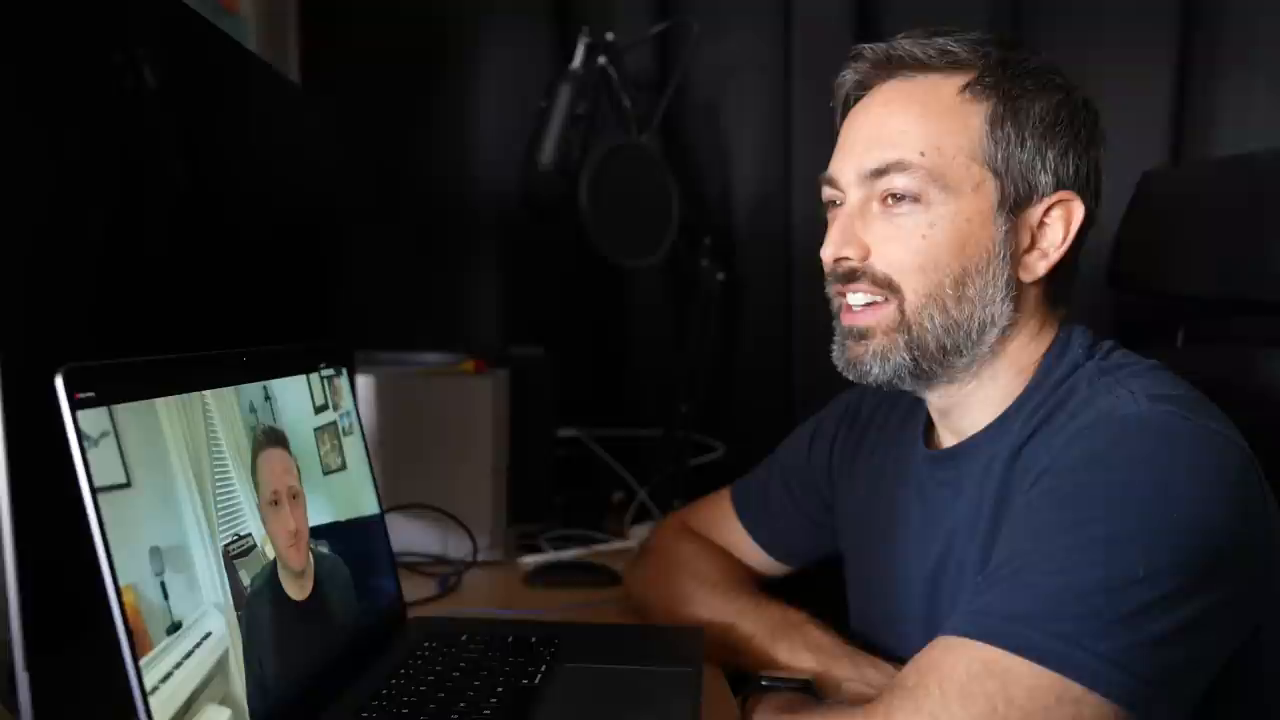 Do you bring this trick out at parties?
Do you bring this trick out at parties?
Meet Grant Gusman, who has memorized 23,000 digits of pi. But how does he do it? It's not just about having a good memory, but about using deliberate practice to develop his skills.
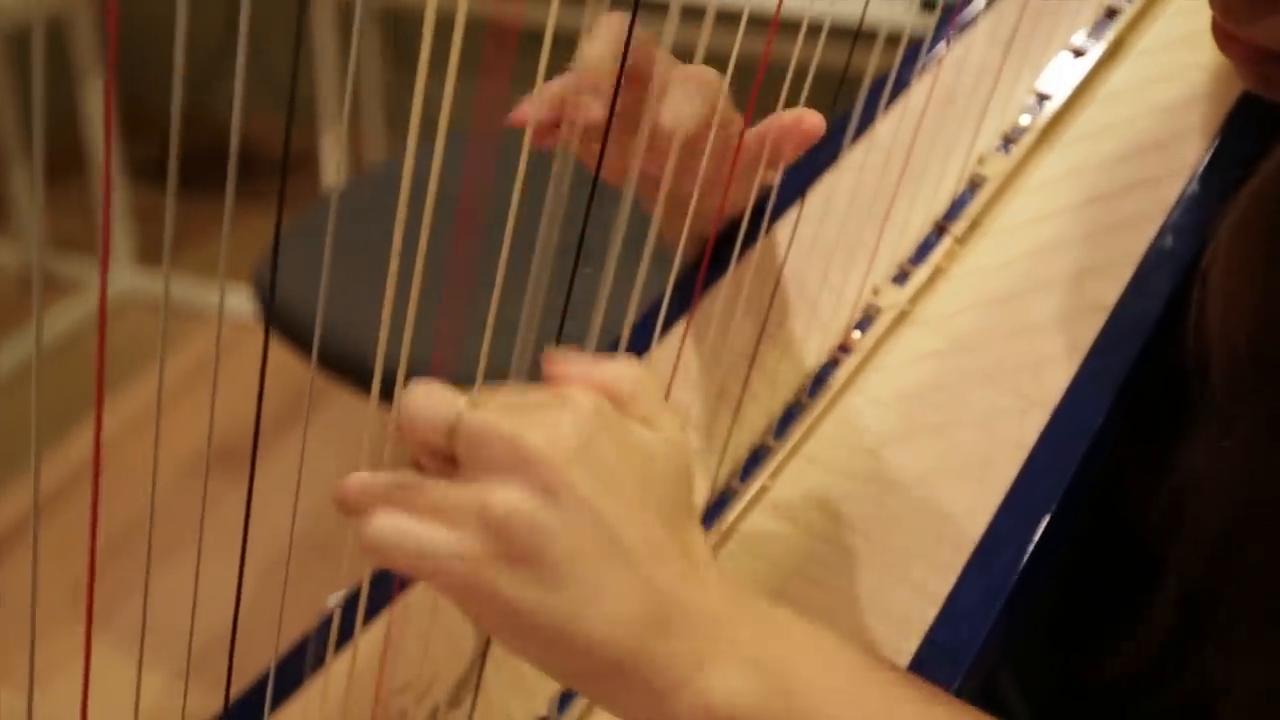 This is Magnus Carlsen, the five-time world chess champion.
This is Magnus Carlsen, the five-time world chess champion.
Research has shown that experts like chess masters are not born with exceptional abilities, but rather develop them through deliberate practice. This means practicing at the edge of their ability, pushing beyond their comfort zone, and using concentration and methodical repetition to improve their skills.
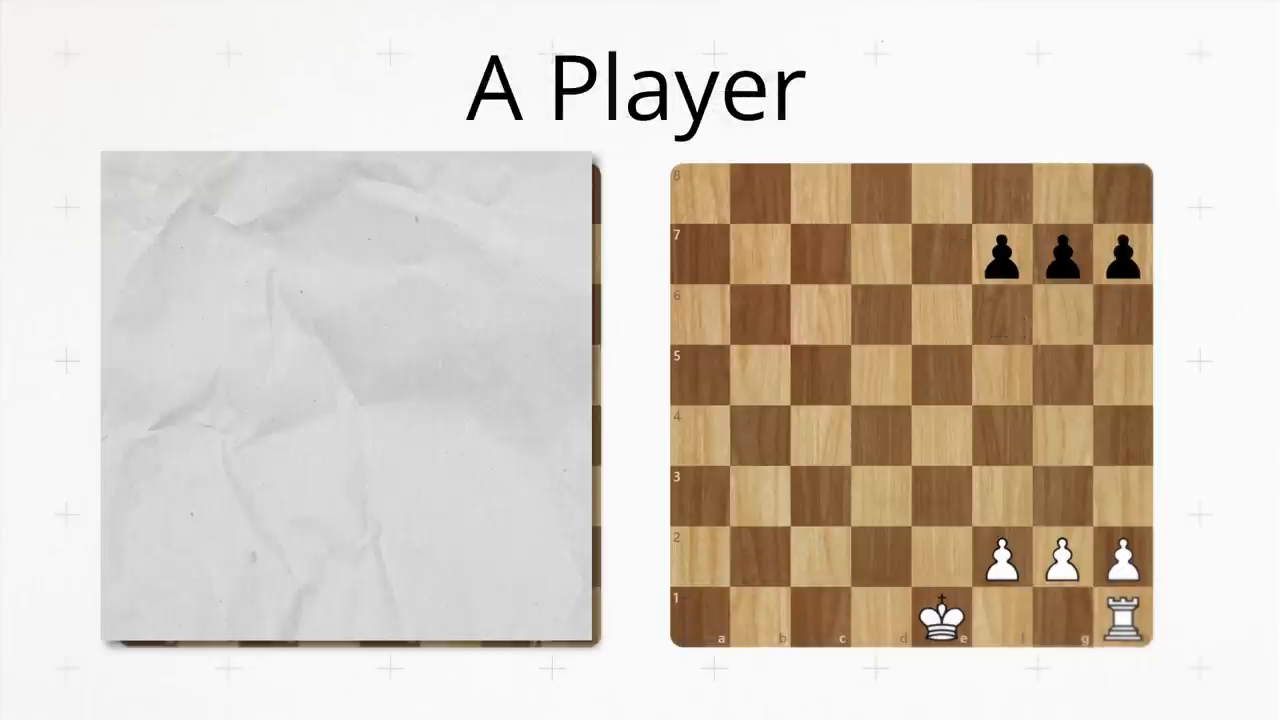 Practicing at the edge of your ability, pushing beyond your comfort zone.
Practicing at the edge of your ability, pushing beyond your comfort zone.
Deliberate practice is not just limited to exceptional individuals, but can be applied to anyone who wants to improve their skills. By dedicating thousands of hours to deliberate practice, individuals can develop expertise in their field.
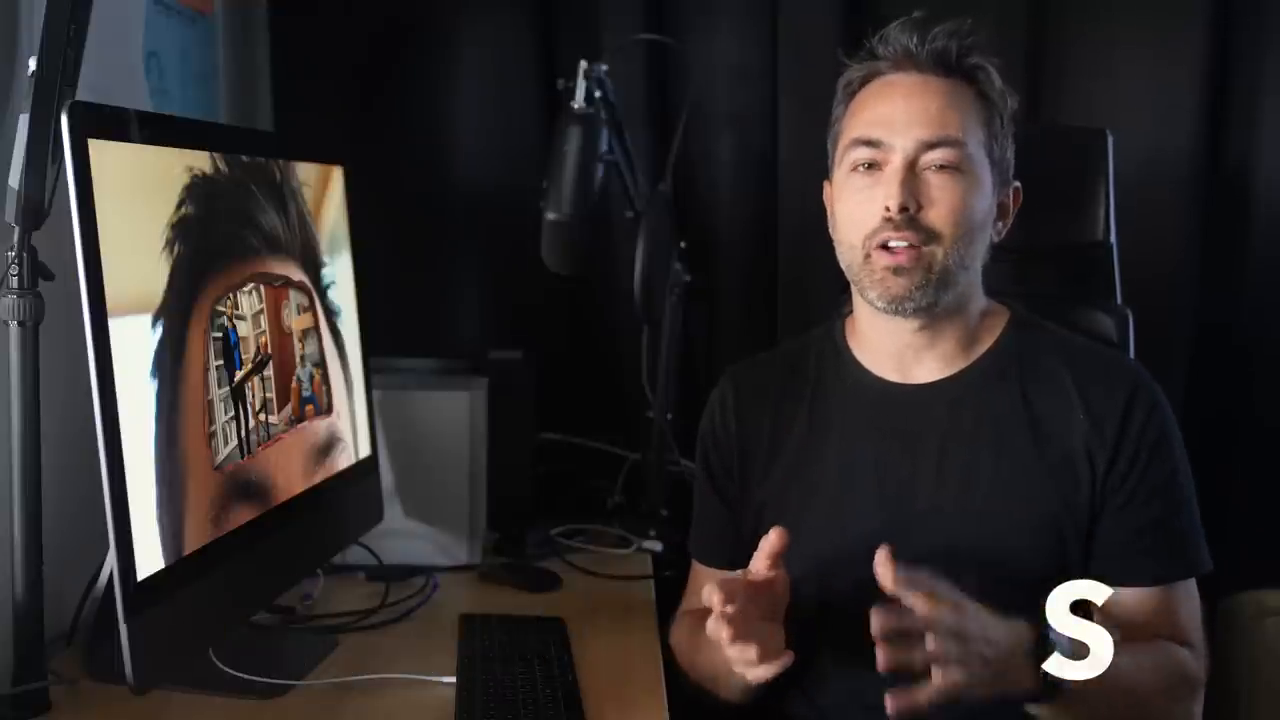 True expertise is amazing to watch.
True expertise is amazing to watch.
Becoming an expert requires four things: a valid environment, many repetitions, timely feedback, and thousands of hours of deliberate practice. When these criteria are met, human performance can be astonishing.
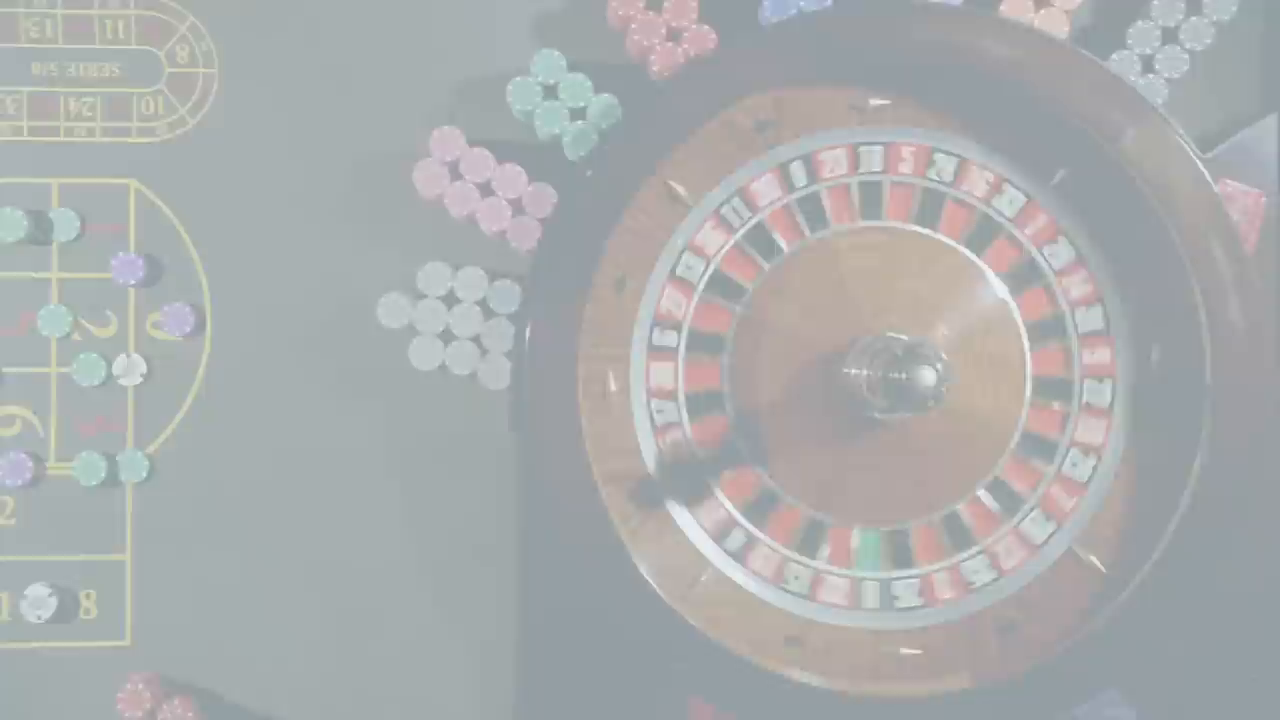 If you want to become an expert, you have to actively interact with problems.
If you want to become an expert, you have to actively interact with problems.
In conclusion, expertise is not something that is innate, but rather it can be developed over time through deliberate practice. By dedicating the time and effort required to develop expertise, anyone can become an expert in their field.
